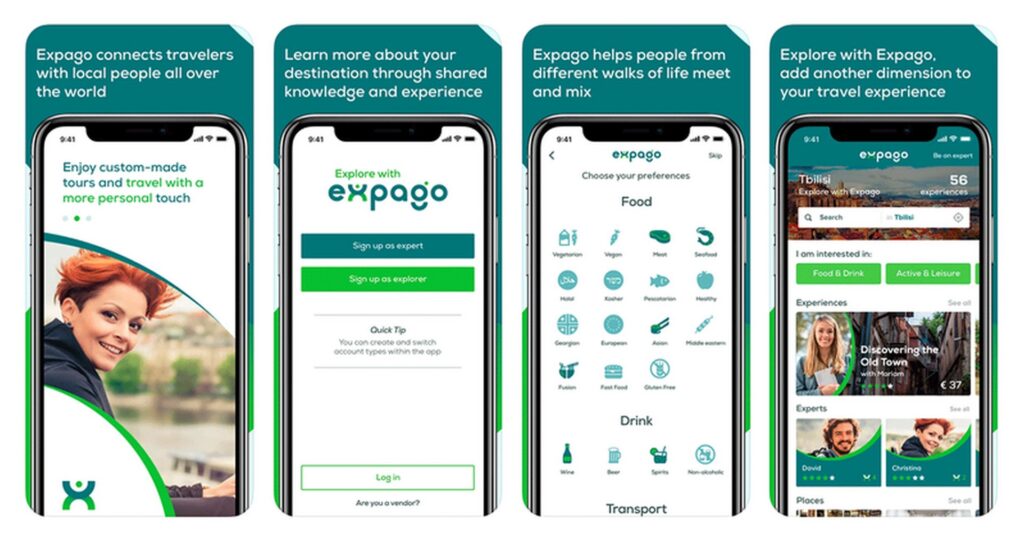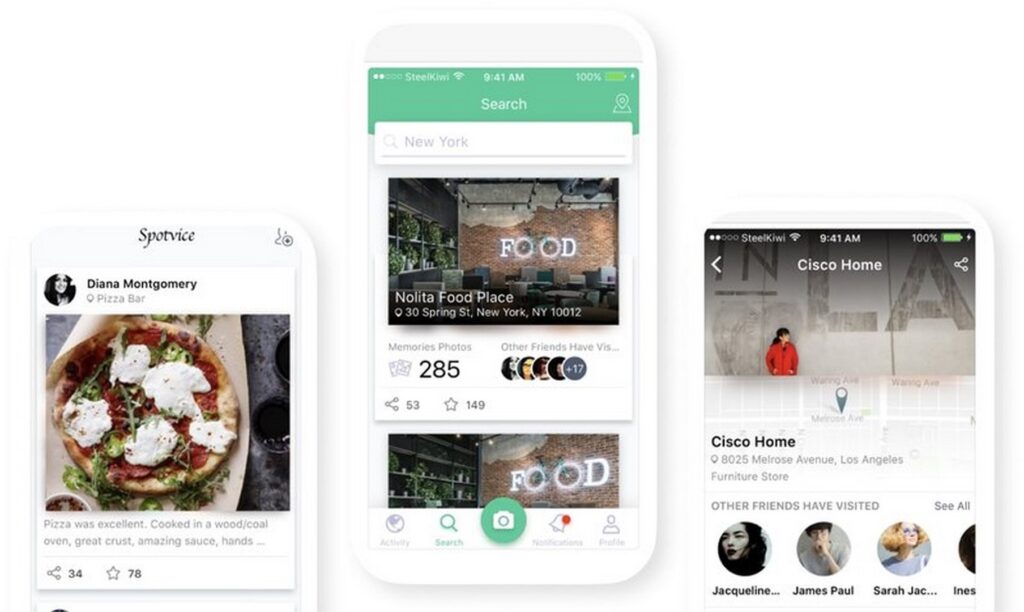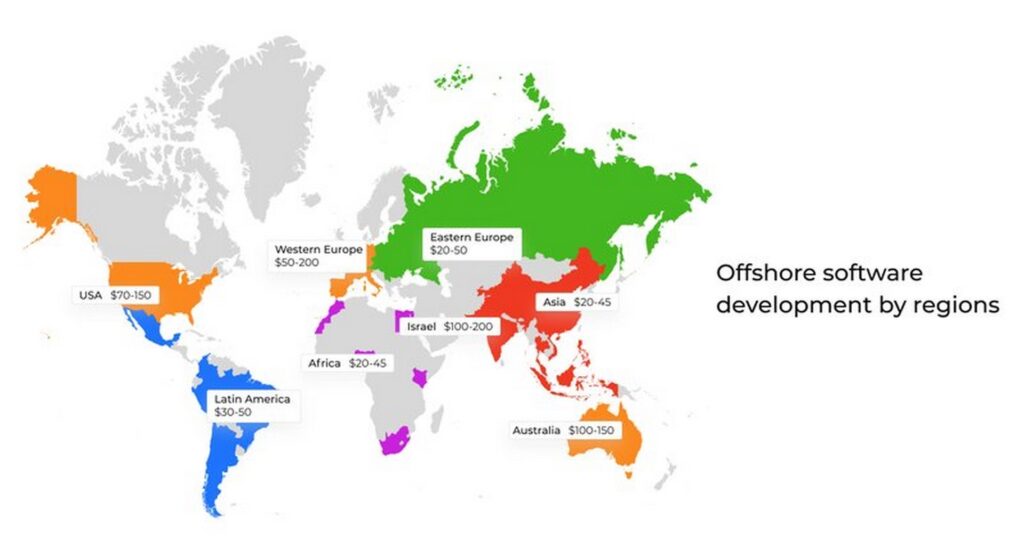Understanding the Travel and Tourism Industry
The travel and tourism industry encompasses a wide range of services, including transportation, lodging, attractions, and dining. Its significance is underscored by its substantial contribution to the global GDP, reaching $7.7 trillion in 2022.

Digitization: A Catalyst for Industry Advancement
To stay competitive in a rapidly evolving landscape, travel businesses have embraced digitization, particularly through the development of travel applications. These apps have streamlined workflows, enhanced customer service, and positioned companies ahead of their rivals.
The Pandemic’s Toll on Travel
The COVID-19 pandemic dealt a severe blow to the travel industry, bringing it to a standstill in 2020. Airlines, hotels, and restaurants faced unprecedented challenges, with significant declines in revenue and occupancy rates.
The Road to Recovery
Despite ongoing challenges, there are signs of recovery on the horizon. Airlines anticipate a 13% increase in seating capacity in 2021 compared to 2020, while hotels project a gradual uptick in occupancy rates over the next two years.
Emerging Trends Reshaping the Industry
In response to evolving consumer preferences and market dynamics, several trends are reshaping the travel industry:
- Technological Innovations: Automation of administrative tasks and the introduction of robot hotels are revolutionizing the travel experience.
- Online Travel Agencies: With the need for up-to-date information on health and safety measures, online agencies offer invaluable guidance to travelers.
- Extended Loyalty Programs: Hotels and airlines are leveraging loyalty programs to incentivize bookings and drive demand.
- Flexibility in Travel Planning: Flexible booking policies and trip protection options cater to the changing needs of travelers.
- Extended Stays: The rise of workcations and extended vacations necessitates accommodations for longer durations.
- Growth of Local Tourism: With international travel restrictions in place, local tourism presents an opportunity for economic revival and community engagement.

Categories of In-Demand Travel Apps
- Booking Apps: Facilitating reservations for trains, buses, flights, hotels, and vacation rentals, these apps offer convenience and flexibility to travelers.
- Trip Planner Apps: Equipping users with tools to plan itineraries, explore attractions, and manage bookings, trip planner apps simplify travel logistics.
- Car Rental Apps: Providing access to rental vehicles and facilitating bookings, these apps address transportation needs during travel.
- Taxi Service Apps: Offering on-demand transportation services, taxi apps provide a convenient alternative to traditional cabs.
- Virtual Reality Apps for Traveling: Through immersive experiences, VR apps allow users to explore destinations virtually, offering a glimpse of travel destinations from the comfort of home.
- Health Passport Apps: With a focus on safety and compliance, health passport apps streamline the verification of COVID-19 test and vaccine records for travelers.
Key Steps in Travel App Development
- Define Your Target Audience: Identify the demographics and preferences of your target users to tailor your app accordingly.
- Incorporate Killer Features: Integrate essential features such as travel planning, booking, navigation, and real-time updates to enhance user experience.
- Choose a Monetization Model: Explore various monetization strategies, including fees for services, advertising, in-app purchases, subscriptions, and sponsorships.
- Select the Right Development Partner: Collaborate with a reputable development company with expertise in travel app development, considering factors such as cost, portfolio, client feedback, and technical proficiency.

Globaldev’s Expertise in Travel App Development
With a track record of successful projects spanning various industries, Globaldev offers specialized expertise in travel app development. From connecting tourists with local guides to creating social travel platforms, Globaldev delivers innovative solutions tailored to the evolving needs of travelers.
In conclusion, mobile travel application development continues to reshape the tourism industry, driving innovation, enhancing customer experiences, and facilitating industry recovery amidst unprecedented challenges. As the industry adapts to changing consumer behaviors and market dynamics, the role of technology in shaping the future of travel cannot be overstated.
























